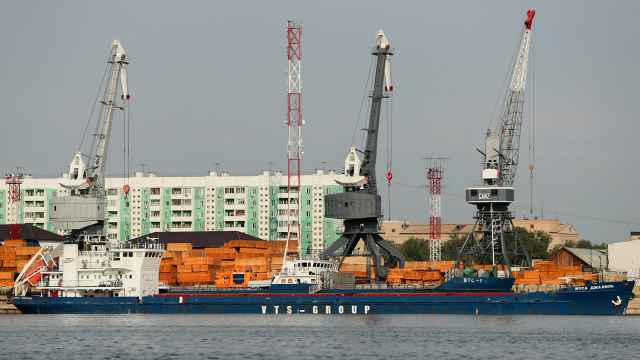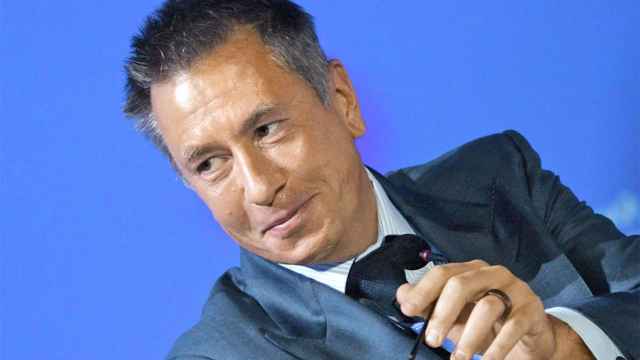American professor Jeffrey Sonnenfeld is putting public pressure on Western companies that maintain operations in Russia despite its war against neighboring Ukraine.
The Yale University expert on management and leadership has them on a list publicly posted for consumers and investors around the world to see, the idea being that the shame will make the businesses change course and leave Russia.
Sonnenfeld believes that the tougher daily life is for Russian citizens, the more motivated they will be to turn against President Vladimir Putin.
In an interview, he tells AFP he has spoken out because there is "no middle ground" possible with Moscow regarding its invasion.
Why did you start the list?
Sonnenfeld: "There were about a dozen companies that moved to cut ties with Russia after it invaded Ukraine. They were not the companies that usually move first on social or human rights issues. Among them were oil companies, professional services firms and law offices, and tech giants.
"But, there were also a flood of pretenders – companies that had clever public relations putting out smokescreens of misleading messaging. So, I put together a little team that has no particular ideology or involvement with these companies and can objectively assess them.
"It was originally just a list showing those who did something and those who did nothing, but we realized that was not enough. Now, there are five categories, from a complete withdrawal to people who are digging in."
Is it a valid argument to stay for sake of employees or citizens in Russia?
"It's disgusting that any of these companies (that stay in Russia) try for some humanitarian or paternalistic employer arguments. It's just because of their own greed. They should be called out and shamed for it."
Companies staying "undermines the whole purpose of the economic sanctions and these voluntary business blockades. Which is not to bring comfort to the Russian population and allow them to continue to be complacent. It is to make them uncomfortable; it is to increase the sense of stress in Russian society so that they question their leadership.
"There are some people who sympathetically say 'the Russian general population has filtered information.' Well, every Russian knows that too... They should be questioning the truth of what they're being told, and if they don't, they are willingly ignorant.
"When ceasefires are openly violated by the Russians or when you have children's hospitals being bombed, there's no middle ground here.
"We hear every day from companies that are furious (about being on the list). They'll send us examples of threats that they're getting from international hacker groups like Anonymous. Well, that's not our problem. This is a choice they've made. And if there's backlash from the community, they should change their position."
A Message from The Moscow Times:
Dear readers,
We are facing unprecedented challenges. Russia's Prosecutor General's Office has designated The Moscow Times as an "undesirable" organization, criminalizing our work and putting our staff at risk of prosecution. This follows our earlier unjust labeling as a "foreign agent."
These actions are direct attempts to silence independent journalism in Russia. The authorities claim our work "discredits the decisions of the Russian leadership." We see things differently: we strive to provide accurate, unbiased reporting on Russia.
We, the journalists of The Moscow Times, refuse to be silenced. But to continue our work, we need your help.
Your support, no matter how small, makes a world of difference. If you can, please support us monthly starting from just $2. It's quick to set up, and every contribution makes a significant impact.
By supporting The Moscow Times, you're defending open, independent journalism in the face of repression. Thank you for standing with us.
Remind me later.






